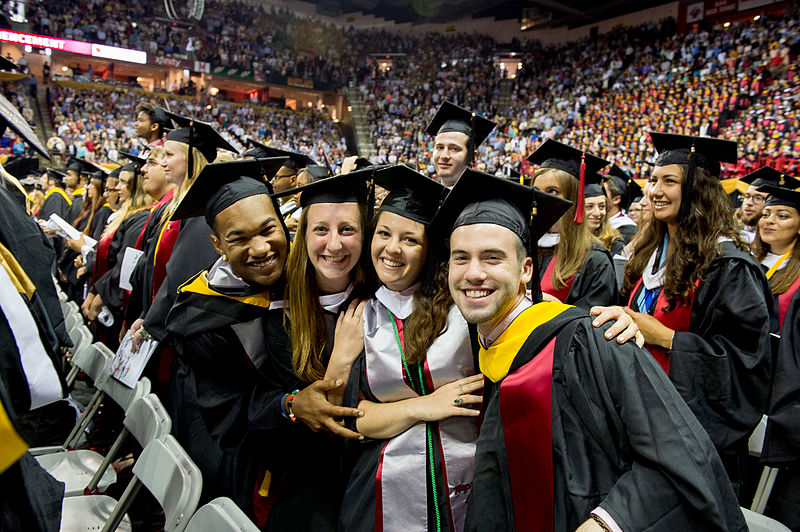It’s past time for the University of Maryland to create a more equitable grading system that reflects students as a whole. The current system favors select groups of “successful” students over other equally deserving students. The system devalues the individual, instead favoring students on the basis of a social lottery that comprises a variety of societal, environmental and inherited factors.
Those more prepared heading into college have a huge advantage. Better high schools (private or public) will help ready students more than others from less affluent school districts. Richer families can afford to live near better schools, helping wealthy students be better prepared. These students might be less concerned with the costs of college — and less concerned with working during school. Poorer students might have less time for academics and more overall stress.
What about mental illness? Physical disability? They are not a student’s fault.
Race and gender also play a role. They affect wealth, role models and how a student is treated on a daily basis.
Even “hard work” can be explained by a person’s environment. Role models influence a person’s work ethic — especially family members. Some students might be blessed with good examples. Others might not be so lucky. A person’s environment might push hard work because of certain expectations or needs.
Raw intelligence? That’s determined by a genetic lottery. Some students have special gifts? They had no control over that, so why should they get special treatment?
You didn’t earn those grades. You worked to learn that material for all of us. You need to share that success with the rest of us because you aren’t responsible for it. To believe otherwise would simply be selfish. The fruits of your labor belong to the society and community that formed you. Our society should have first rights to anything you claim to have accomplished if it truly wants to create an equal, fair community.
The truth of the matter is, the notion of the “individual” is meaningless. An individual is just the product of genetic lottery and social constructs. A person’s achievements and successes are society’s achievements and successes; the individual is just the jackpot winner, the face of something accomplished by the whole. The individual has no more right to success than anyone else in society because the individual is simply a social actor. Individuals can’t — and don’t — make decisions for themselves.
So in a classroom setting, everyone who participates should be getting the same grade. Sharing the grades, the success, makes up for current social inequalities and plain luck. Merely being a member of society entitles you to an equal share of others’ successes. An equal grade allows us to be equal to one another.
We shouldn’t respect, appreciate or reward the talented or successful among us in a fair society. That person’s wealth, ability, time and other resources are simply accounts for the collective society to draw upon. In this way, our society becomes truly fair and humanity can truly equalize.
And that’s a good thing.
Isn’t it?
Matt Dragonette, opinion editor, is a senior accounting and government major. He can be reached at mdragonettedbk@gmail.com.



